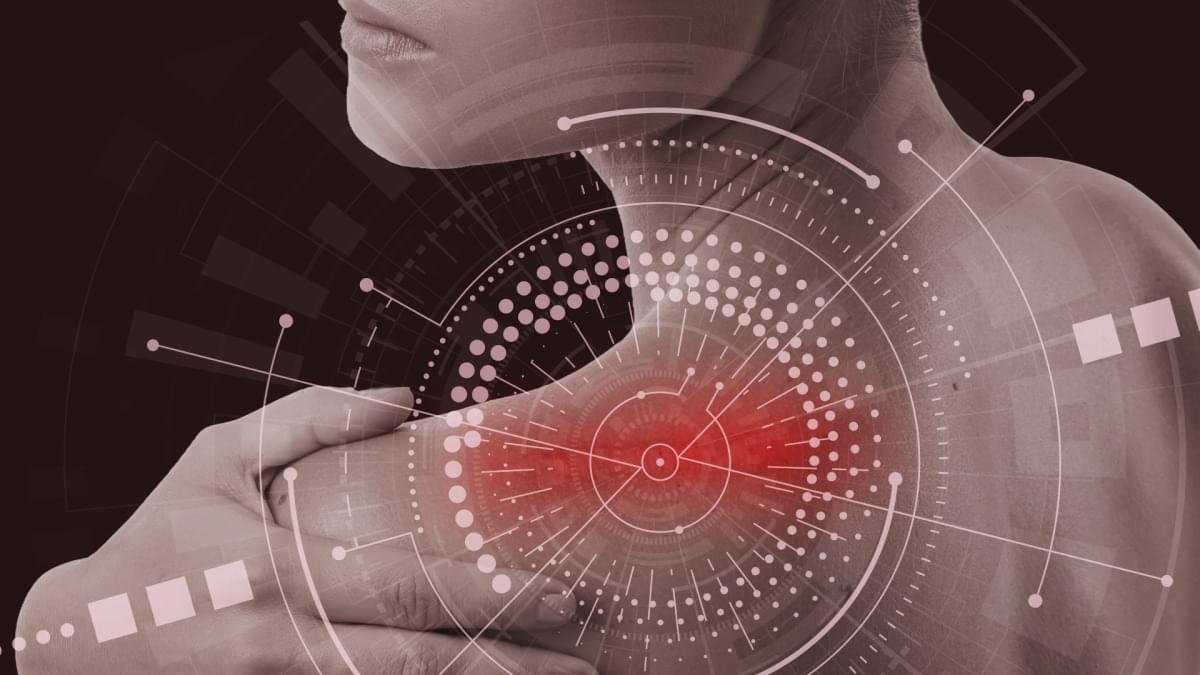SerpinB3 turns out to be both a healing powerhouse and a cancer accomplice—revealing new possibilities for medicine. Researchers have uncovered that SerpinB3, typically linked to severe cancers, is also a key player in natural wound healing. The protein drives skin cell movement and tissue rebuilding, especially when paired with next-generation biomaterial dressings. Its newfound role explains why cancer cells exploit it and opens the door to new wound-healing therapies.
When a routine blood test shows high levels of a protein called SerpinB3, it often alerts doctors that something is seriously wrong. Elevated SerpinB3 can be associated with difficult-to-treat cancers or severe inflammatory diseases.
SerpinB3 is known as a key protein that helps reveal when the body’s barrier tissues, such as the skin and lungs, are under intense strain from cancer or long-term illness. It has typically been viewed as a sign that these protective surfaces are in trouble.
